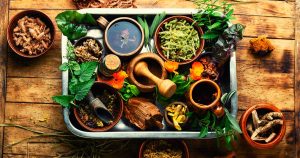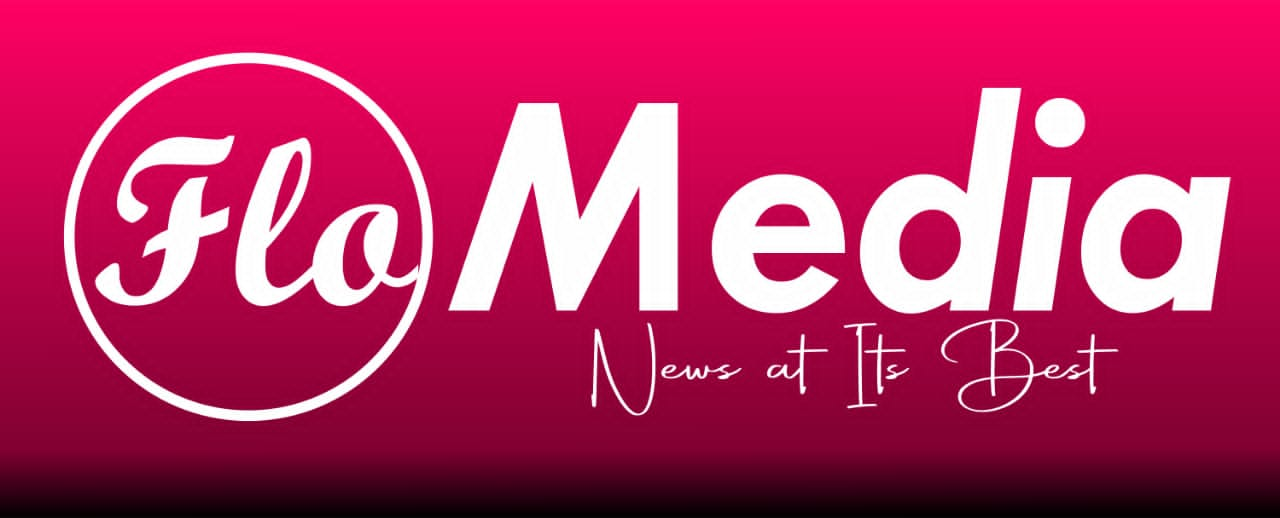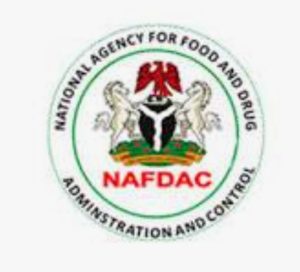19 Herbs That Will Lower Blood Pressure Naturally
3 min read

Millions of individuals worldwide suffer from hypertension, commonly referred to as high blood pressure. It can cause major health issues like kidney issues, heart disease, and stroke if left unchecked. In addition to the frequent prescription of medicine, natural therapies can effectively lower high blood pressure. We will look at 19 herbs in this post that have been shown to naturally decrease high blood pressure.
Garlic: For millennia, people have utilized garlic’s therapeutic benefits. It has ingredients that may help lower blood pressure by relaxing blood arteries and enhancing blood flow.
Hawthorn: Heart-related ailments have long been treated with hawthorn, a botanical. It can aid in blood vessel dilating, circulation improvement, and blood pressure reduction.
Olive leaf: Studies have demonstrated the antihypertensive properties of olive leaf extract. It lowers inflammation and relaxes blood arteries, both of which can lower blood pressure.
Hibiscus: Hibiscus tea is renowned for both its flavor and its many health advantages. Hibiscus tea has been demonstrated in studies to dramatically reduce blood pressure.
Cinnamon: Known for its culinary uses, cinnamon may also be good for your health. It has been shown that by enhancing blood vessel activity, it can help lower blood pressure.
Ginger: Traditionally, traditional medicine has utilized ginger, a multipurpose herb, to treat a range of illnesses. Because it lessens blood vessel constriction, it can help reduce blood pressure.
Curcumin, a substance present in turmeric, has been linked to a number of health advantages, including a reduction in blood pressure.
Lemon balm: This herb has a relaxing effect and can help lower anxiety and stress levels, two things that can raise blood pressure.
Passionflower: Another herb with relaxing properties is passionflower. It can assist in lowering blood pressure and relaxing blood arteries.
Cat’s claw: Due to its anti-inflammatory qualities, the plant known as cat’s claw has been utilized in traditional medicine. By lessening blood vessel inflammation, it can assist in lowering blood pressure.
Valerian: Valerian is a herb that is frequently used to enhance sleep and encourage relaxation. It can also assist in lowering blood pressure by lowering anxiety and tension.
Lavender: Although its calming scent is its most well-known attribute, lavender may also have health advantages. It can assist in lowering blood pressure by fostering relaxation and lowering tension.
Ginkgo biloba: This herb has been utilized in traditional medicine for generations. It can assist in lowering blood pressure and enhancing blood flow.
Celery seed: Studies have shown that an extract from celery seeds can lower blood pressure. It lowers blood pressure by relaxing the muscles in and around blood vessels.
Rosemary: Often used in cooking, rosemary is a fragrant plant. It has ingredients that, by enhancing blood vessel activity, can help decrease blood pressure.
Dandelion: Dandelion is a herb that helps the body rid itself of extra fluid since it contains diuretic qualities. By decreasing the amount of blood in the vessels, this can assist in lowering blood pressure.
Motherwort: Due to its beneficial effects on the circulatory system, motherwort has been employed in traditional medicine. Because it relaxes blood arteries, it can help reduce blood pressure.
Mistletoe: Studies have shown that an extract from mistletoe can lower blood pressure. By enhancing blood vessel activity, it can aid in lowering blood pressure.
Linden: The taste and relaxing qualities of linden tea are well-known. It can lower blood pressure by encouraging calmness and lowering tension.
Even though some herbs have demonstrated potential in lowering high blood pressure, you should speak with a healthcare provider before using them regularly. They can advise you on the right dosage and any possible drug interactions you might be taking. Recall that in order to properly treat high blood pressure, natural remedies should be taken in addition to prescription medication and lifestyle modifications, not in place of them.







